Cybersecurity and Privacy in Healthcare

Cybersecurity and privacy are critical aspects of healthcare, given the sensitive nature of patient data and the increasing reliance on digital technologies. Here's an overview of cybersecurity and privacy considerations in healthcare:
Cybersecurity in Healthcare:
Data Protection: Healthcare organizations must employ robust cybersecurity measures to protect patient data from unauthorized access, data breaches, and cyberattacks. This includes encryption, access controls, and intrusion detection systems.
Endpoint Security: Protecting all devices (computers, smartphones, medical devices) connected to healthcare networks is essential to prevent malware infections and unauthorized access.
Network Security: Securing the healthcare network infrastructure is crucial to prevent data leaks and maintain the integrity of medical records. Firewalls, intrusion prevention systems, and regular network monitoring are key.
Patch Management: Keeping software and systems up to date with the latest security patches is vital to address vulnerabilities that could be exploited by cybercriminals.
Employee Training: Healthcare staff should be educated on cybersecurity best practices and how to recognize and report potential threats like phishing emails.
Incident Response Plan: Healthcare organizations must have a well-defined incident response plan in place to address cyber incidents promptly and minimize their impact.
Third-Party Vendors: Security should extend to third-party vendors and partners who have access to patient data. Contracts with vendors should include cybersecurity requirements.
Privacy in Healthcare:
HIPAA Compliance (or Relevant Regulations): In the United States, the Health Insurance Portability and Accountability Act (HIPAA) mandates the protection of patient privacy. Healthcare organizations must ensure compliance with HIPAA regulations, which include the Privacy Rule, Security Rule, and Breach Notification Rule.
Patient Consent: Patients should provide informed consent for the use and sharing of their health information. This includes understanding how their data will be used and who will have access to it.
Access Controls: Strict access controls should limit who can access patient records and under what circumstances. Role-based access control ensures that only authorized personnel can view or edit specific data.
Audit Trails: Healthcare organizations should maintain audit trails that track who accesses patient data and what changes are made, ensuring accountability.
Data Minimization: Collect and store only the minimum necessary patient data needed for healthcare purposes. Unnecessary data should be avoided.
Secure Messaging: Secure and encrypted messaging systems should be used for communication among healthcare professionals to protect patient information.
Patient Rights: Patients have rights regarding their health information, including the right to access their records, request corrections, and receive a notice of privacy practices.
Data De-identification: When sharing data for research or public health purposes, healthcare organizations should de-identify patient data to protect individual privacy.
Breach Notification: If a data breach occurs, healthcare organizations are typically required to notify affected patients and relevant authorities promptly.
Cybersecurity and privacy are ongoing concerns in healthcare, especially as technology continues to advance. Healthcare organizations must stay vigilant, update their security measures, and adapt to evolving threats to protect patient data and maintain trust within the healthcare system. Violations of patient privacy can result in legal penalties and damage to an organization's reputation, making it imperative to prioritize both cybersecurity and privacy measures.
Health information systems demand rigorous cybersecurity to assure availability, integrity and confidentiality of sensitive data. The African Digital Health Research Institute actively researches tailored approaches for the continent.
Key topics include:
- Lightweight encryption and access control optimizations.
- Blockchain-based approaches to securing records.
- Privacy-enhancing technologies for analytics.
- Secure architecture patterns for low-resource settings.
ADHRI develops guidance to help African health systems adopt pragmatic security measures. Our research also examines pathways for sustainable capacity building in health cybersecurity.
